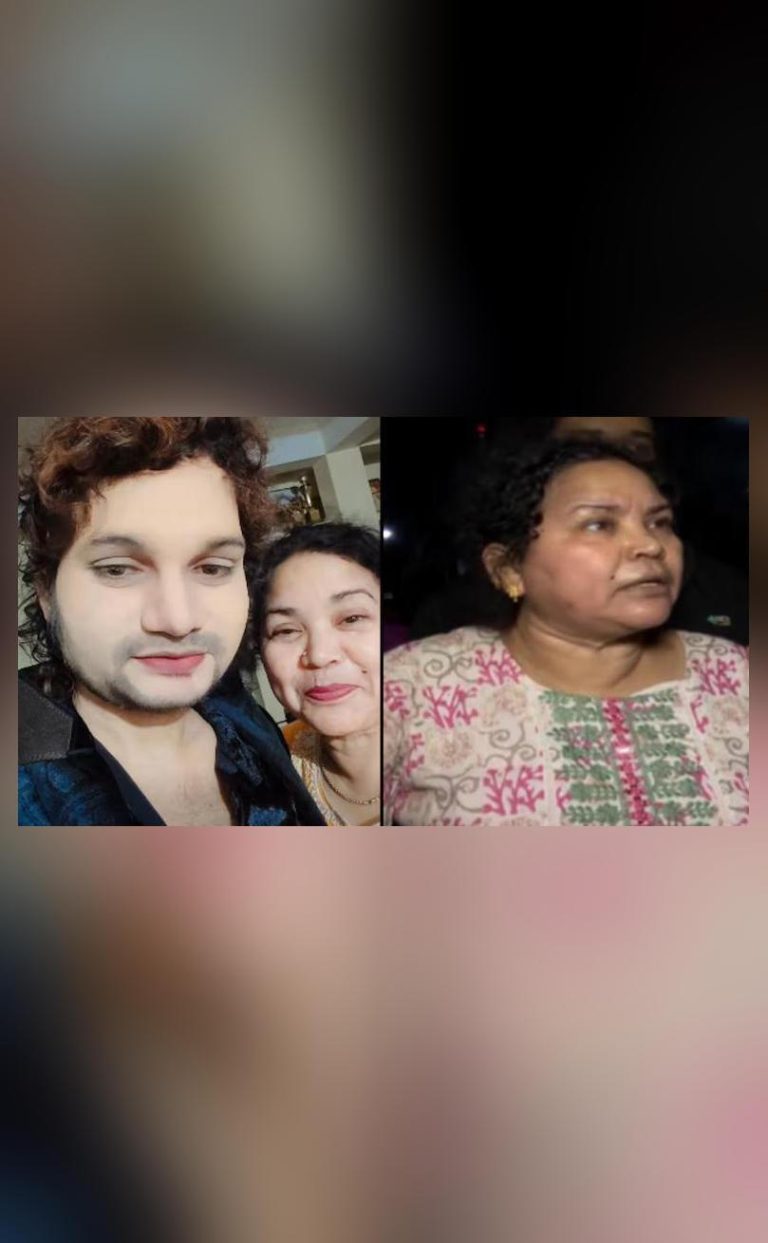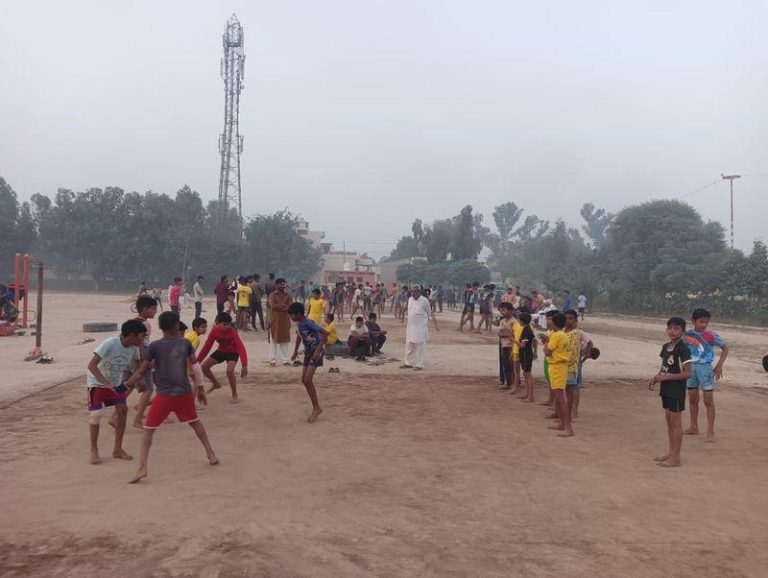
Don’t get volatile behaviour: Vaani on censorship & cancel culture
In today’s fast-paced digital age, the concept of freedom of expression has become increasingly complex. With the advent of social media, opinions and beliefs are readily available, and the internet has given a platform for people to express themselves. However, this freedom also comes with a price. The recent ban on the release of ‘Abir Gulaal’ in India has sparked a heated debate about censorship and cancel culture. Actress Vaani Kapoor recently spoke out about the issue, expressing her concerns about the restrictions placed on artists’ freedom to explore new ideas.
Vaani Kapoor, who has been a part of several successful films in Bollywood, believes that cancel culture is a major threat to artistic expression. In an interview, she said, “This cancel culture, say one thing wrong, there are calls for cancel and boycott. I don’t get that volatile behaviour.” Her statement highlights the growing concern about the impact of cancel culture on the creative industry.
Cancel culture, which has become a popular phenomenon on social media, involves boycotting or canceling individuals or entities that are perceived as offensive or harmful. While the intention behind cancel culture is to hold people accountable for their actions, it often leads to a witch-hunt-like atmosphere where individuals are punished without being given a chance to explain themselves.
Vaani Kapoor’s concerns about cancel culture are not unfounded. The recent ban on ‘Abir Gulaal’ is a prime example of how censorship can stifle artistic expression. The film, which was directed by debutant debutant Sangeet Sivan, was banned by the Central Board of Film Certification (CBFC) due to its controversial content. The ban sparked widespread criticism, with many calling it an example of censorship gone wrong.
The actress believes that censorship is not the solution to dealing with controversial content. She said, “I’m not into censorship. I think it sets boundaries for artists. Sometimes, the most beautiful and impactful art comes from pushing those boundaries.” Vaani’s statement highlights the importance of giving artists the freedom to explore new ideas and themes, even if they are controversial.
The issue of censorship and cancel culture is not limited to the film industry. It affects all forms of artistic expression, from music to literature. The recent controversy surrounding the novel ‘The Satanic Verses’ by Salman Rushdie is a classic example of how censorship can be used to suppress artistic expression.
The novel, which was published in 1988, was met with widespread criticism and controversy due to its depiction of the Prophet Muhammad. The book was banned in several countries, and the author was forced to go into hiding. The controversy surrounding the novel highlights the dangers of censorship and the importance of giving artists the freedom to express themselves.
Vaani Kapoor’s concerns about cancel culture and censorship are not unique to her. Many artists and intellectuals have spoken out against the restrictions placed on artistic expression. The writer and activist, Arundhati Roy, has been a vocal critic of censorship and cancel culture. In an interview, she said, “Censorship is not just about banning books or films. It’s about controlling the narrative, controlling what people think, and controlling what people say.”
The issue of censorship and cancel culture is a complex one, and there is no easy solution. However, by giving artists the freedom to express themselves, we can create a more vibrant and diverse cultural landscape. As Vaani Kapoor said, “Art is about pushing boundaries, and sometimes, that means saying something that might be uncomfortable or controversial.”
In conclusion, the ban on ‘Abir Gulaal’ and the controversy surrounding it highlight the importance of giving artists the freedom to express themselves. Cancel culture and censorship can stifle artistic expression, and it is essential to find a balance between protecting certain values and giving artists the freedom to explore new ideas. As Vaani Kapoor said, “I don’t get this volatile behaviour. Let’s have a conversation, not a boycott.”
Source:






